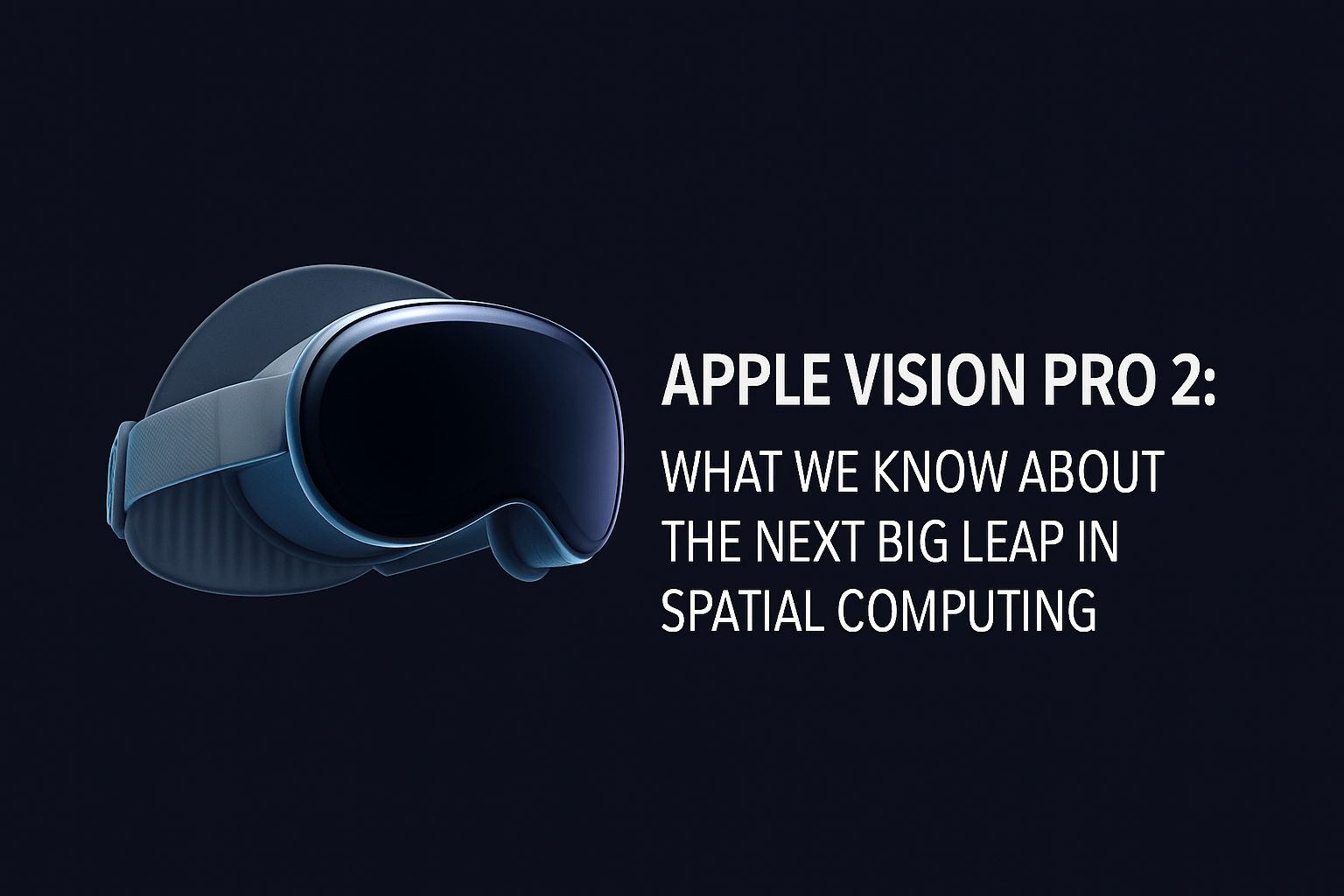How Science Failed to Unlock The Mysteries of the Human Brain

The human brain, with its intricacies and complexities, has been a subject of fascination and exploration for centuries. Despite tremendous advancements in scientific research and technology, a comprehensive understanding of the brain’s mysteries remains elusive. This article delves into the challenges and limitations that have hindered science in unraveling the enigma of the human brain.
- Limitations in Imaging Technology: One major hurdle in comprehending the human brain lies in the limitations of imaging technology. While techniques like functional magnetic resonance imaging (fMRI) and positron emission tomography (PET) offer valuable insights, they provide only a glimpse of brain activity at a macroscopic level. The brain’s intricate neural networks and microscopic details remain largely inaccessible, impeding a complete understanding.
- Neuroplasticity and Individual Variability: The concept of neuroplasticity, the brain’s ability to reorganize itself, presents a unique challenge. Each individual’s brain is shaped by a myriad of factors, including genetics, environment, and experiences. This variability makes it challenging to establish universal principles and frameworks, as the brain’s responses and adaptations can be highly individualized.
- Complexity of Neural Networks: The human brain consists of billions of neurons connected by trillions of synapses, forming complex neural networks. Deciphering the intricacies of these networks, their functions, and the communication between neurons is an immense challenge. Despite advancements in computational models, simulating the brain’s complexity in its entirety remains beyond the current capabilities of science.
- Ethical and Technological Constraints in Human Studies: Studying the human brain directly involves ethical considerations and technological limitations. Invasive procedures to explore brain function at a cellular or molecular level in living humans are ethically restricted. While animal studies provide valuable insights, the translatability to the human brain is not always straightforward, hindering the direct application of findings.
- Dynamic Nature of Consciousness and Cognition: The nature of consciousness and cognition adds another layer of complexity. Science struggles to comprehend subjective experiences and how they emerge from neural processes. Understanding concepts like consciousness, emotions, and self-awareness poses a challenge due to their dynamic and subjective nature.
- Interdisciplinary Challenges: Unlocking the mysteries of the human brain requires an interdisciplinary approach, integrating knowledge from neuroscience, psychology, physics, and computer science. Collaboration across these diverse fields is essential, but communication gaps and differences in methodologies can impede progress.
While science has made significant strides in unraveling the complexities of the human brain, the journey is far from complete. The inherent challenges posed by the brain’s intricacies, limitations in technology, ethical considerations, and the interdisciplinary nature of brain research have collectively contributed to the elusive nature of a comprehensive understanding. As we continue to navigate these challenges, the quest to unlock the mysteries of the human brain remains one of the most ambitious and fascinating endeavors in scientific exploration.











